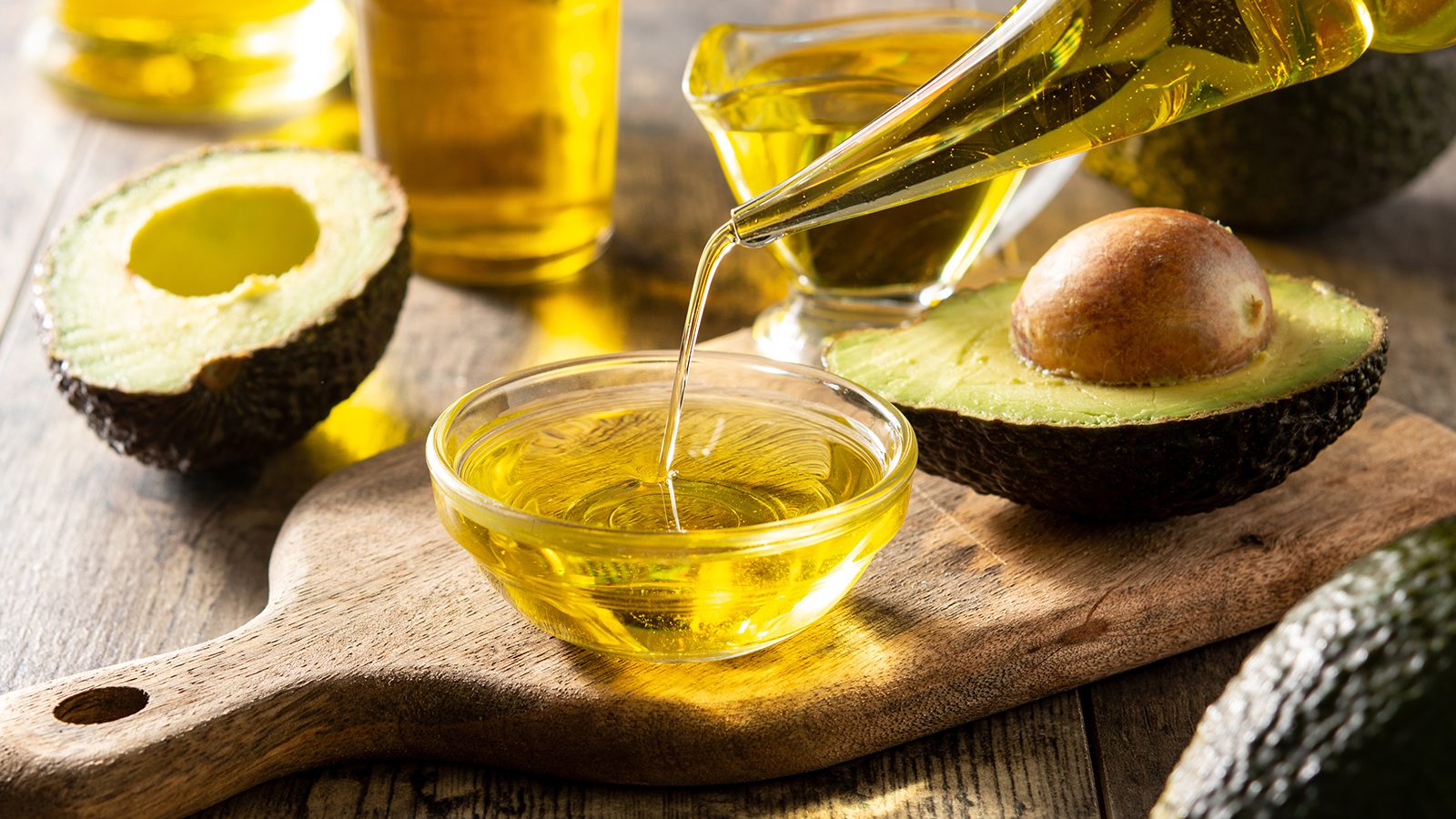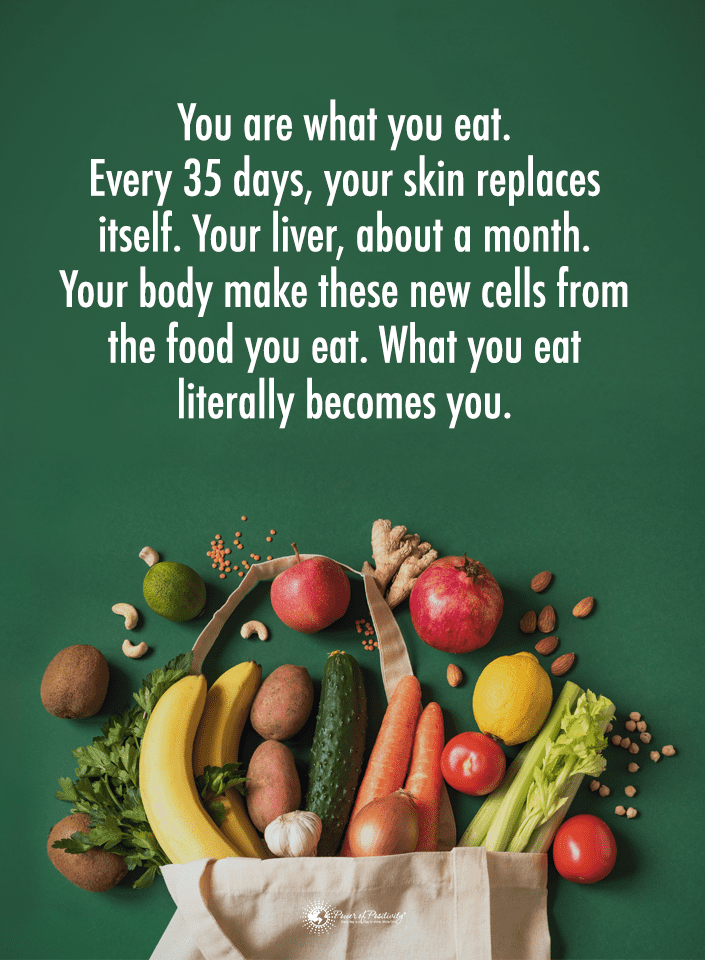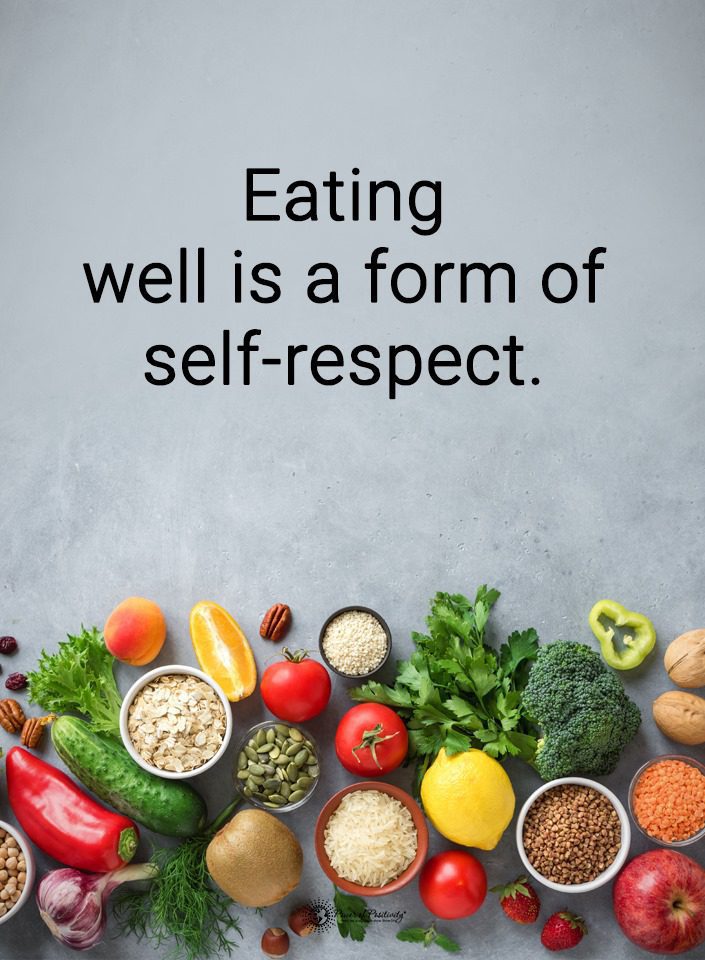Over the years, fats built up a bad reputation as unhealthy and harmful for your body. Quite the opposite is true. Healthy fats are critical for good brain function and healthy cholesterol levels. Of course, avoiding highly processed fatty foods full of unhealthy ingredients like additives, preservatives, and refined vegetable oils is essential. These artery-clogging fats are what gave fats a bad name. The key is to understand which fats are good for you. Here are twelve healthy fats that are so good for you, helping you stay fit. Incidentally, many of these are also rich in omega-3 fatty acids.
Who started the idea that fat was bad?
Around sixty years ago, doctors realized that foods containing saturated fats caused heart disease. Food guidelines were established, recommending that people eat low-fat foods. All fats and carbohydrates were deemed harmful to your health. Suddenly low-fat foods appeared on grocery store shelves. People didn’t realize that low-fat food contained high sugar for extra flavor. As a result, sugar addictions and obesity became the following health problem.
Are All Healthy Fats?
In a word, no.
Eating a diet high in saturated fats raises cholesterol in your blood, leading to a disease called atherosclerosis or the hardening of your arteries. These fats increase your levels and put you at risk for a heart attack.
Harmful saturated fats are in food such as:
- Fried foods
- Fatty meats
- Butter
- Pies, cakes, and other baked goods
- Cream
- Hard cheeses
- Foods containing palm oil or coconut oil
Are Unsaturated Fats the Healthy Fats?
Unlike saturated fats, unsaturated fats like vegetable oils, seeds, nuts, or fatty fish can promote good health. They can also help with these outcomes:
- Lower your inflammation
- Decrease your risks of heart disease
- Boost your brain function
- Improve your blood cholesterol
- Benefit your overall health
13 Healthy Fats to Help You Stay Fit
Try adding these thirteen foods containing healthy fats to your menu.
1. Dark chocolate
Who would have thought chocolate could be healthy? Dark chocolate contains antioxidants that help your brain and heart. Eating 3.5 ounces of 72% to 85% dark chocolate provides 42.6 grams of healthy fat plus calcium, magnesium, and potassium. Of course, limit how much you eat because of the sugar content. You should eat small amounts of dark chocolate if you’re craving a sweet treat.
2. Eggs (also rich in omega-3)
Eggs are a good source of protein. One large egg also gives you around 4.7 grams of unsaturated fat. Some eggs contain omega-three, which is good for brain and heart health. Your egg carton should list omega 3-s. The benefits of omega-3s fatty acids include these:
- Reduce your chances of heart disease
- Reduce your chance of a stroke
- Lessen your chance of arrhythmia
- Slow down the build of plaque in your arteries
- Reduce your triglycerdies
- Lowers your blood pressure
3. Nuts
Nuts contain healthy fats. Eating nuts is good for your heart health. Nuts are unsaturated fat. They’re good for you to snack on and easy to store wherever you go. Because they have a lot of calories, you should limit yourself to one ounce per serving so you won’t gain weight. The healthiest nuts include the following:
- Walnuts
- Almonds
- Hazelnuts
- Peanuts
- Cashews
- Pecans
4. Seeds
Fats from plants are generally healthier than animal fats. Seeds provide healthy fats and lots of fiber, minerals, and vitamins. Seeds contain these nutrients:
- Iron
- Calcium
- Magnesium
- Phosphorus
The six best seeds you should include in your diet for some healthy fats are:
- Sesame seeds: These little oval-shaped seeds have selenium, a powerful antioxidant that can help reduce disease risk.
- Hemp seeds: They are sometimes called hemp hearts. Hemp seeds are packed with vitamin E and potassium. In the seed world, they have the highest amount of protein and are high in omega-3 and omega-6 fats.
- Sunflower seeds: Another healthy fat seed packed with B vitamins and antioxidants such as selenium and vitamin E. In addition, they fight free radicals that harm your body.
- Pumpkin seeds: Sometimes called pepitas, these seeds have lots of minerals such as zinc and iron. As a result, they help decrease your LDL or bad cholesterol and prevent muscle weakness.
- Chia seeds: Small black seeds, chia seeds provide omega-3 fatty acids.
- Flaxseeds: Loaded with protein, fiber, and potassium, flaxseeds are polyphenols that are plant-based antioxidants. Interestingly, flaxseeds have a higher amount of antioxidants than most plants.
5. Avocados
Avocados are smooth as butter. They’re versatile as a simple toast topping or a tasty chip dip. Thanks to healthy fats, avocados help your body absorb nutrients better. Avocadoes are also high in:
- Fiber
- Lutein
- Potassium
6. Fatty fish
Fatty fish have unsaturated fats like omega-3 fatty acids. These play a significant role in your brain and heart health. You should consume two or more servings of fish weekly for the best health benefits. The best fatty fish options include the following:
- Trout
- Sardines
- Mackerel
- Herring
- Tuna
- Salmon
7. Coconut oils
Even though coconut oil is 90% saturated and only 9% unsaturated, it’s different from animal fats. Half of the healthy fats in coconut oil are a medium-chained fatty acid called lauric acid. Coconut oil is the highest source of lauric acid. It gets absorbed into your intestines and is directly used in your body to produce energy.
8. Cheese
Cheese has dairy fats that contain conjugated linoleic acid. CLA helps reduce inflammation and may help lower your risk of heart disease and obesity. Of course, please don’t overdo it on the cheese. Eating a lot of cheese may cause you to gain weight. The healthiest cheeses are these:
- Mozarella
- Blue cheese
- Feta
- Cottage cheese
- Ricotta
- Parmesan
- Swiss
9. Yogurt
Another full-fat dairy food, yogurt, contains probiotic bacteria that help your digestive system stay regular. Eating this healthy fat can lower your risk of developing heart disease. Greek yogurt has less sugar and more protein. Regular yogurt has fewer calories but more calcium. Both types of yogurt have probiotics that help your digestive system. They’re both great for your heart and can help you lose weight.
10. Grass-fed beef
If you eat meat, grass-fed beef is an excellent source of healthy fat. It’s packed with antioxidant vitamins like E, A, and B. Grass-fed beef is lower in saturated fats than beef fed grain. Here are some other benefits of grass-fed beef compared to grain-fed beef.
- Grass-fed beef has fewer calories.
- Supports blood sugar levels better than grain-fed beef
- Grass-fed beef has electrolytes
- Grass-fed beef may help fight cancer
- Contains fewer bacteria
- It contains healthier fats than grain-fed beef
11. Extra-virgin olive oil
Rich in omega-3 fatty acids, extra virgin olive oil is a healthy fat. It’s high in fatty acids and oleic acid, which provide powerful anti-inflammatory benefits. Extra-virgin olive oil has heart-healthy fats. This healthy oil is associated with a long list of health benefits and may protect you from
- Heart disease
- Cancer
- Type 2 diabetes
- Inflammation
This healthy oil is versatile for cooking, roasting, or drizzling on a salad.
12. Nut butter
Check out nut butter if you’re looking for healthy protein-loaded fat. Each serving gives you both polyunsaturated and monounsaturated fats. They’re high in calories, so consider them when you add them to your diet. Every nut butter is healthy, but some of the favorites include:
- Almond butter
- Peanut butter
- Walnut butter
- Pistachio butter
- Hazelnut butter
13. Olives
Olives have been a staple food in the Middle East for centuries. The rich antioxidants may protect you from brittle bone disease or osteoporosis. In addition, olives have a lot of vitamin E, which is good for your skin and immune system. Olives contain healthy fats but are low in calories. You can eat olives straight from the container or roast them with meat. There’s no difference in nutrition between the different black or green olives. It’s a matter of taste on your part to choose which one you like best.
Final Thoughts on Adding Healthy Fats to Your Plate (in Moderation)
Healthy fats are essential for good health for the brain, heart, and immune system. They help your body absorb fat-soluble vitamins. These include vitamins E, D, and E. Fats also make your food taste better and help you feel full after you eat. Furthermore, they deliver omega-3 fatty acids to nourish your brain and body. There are so many good fats to choose from. So whether you add olive oil, avocados, or nut butter to your diet, you and your family will be on the road to staying fit and eating these healthy fats.
















 Community
Community

